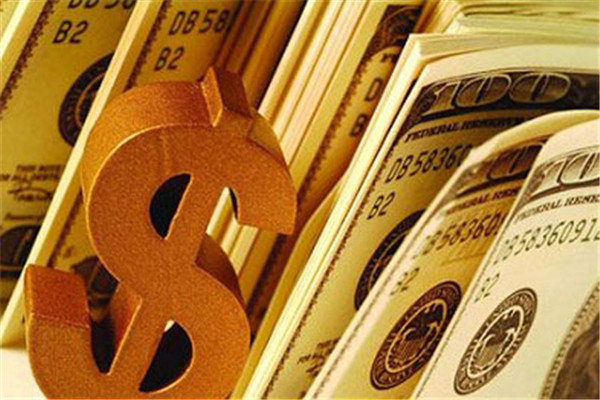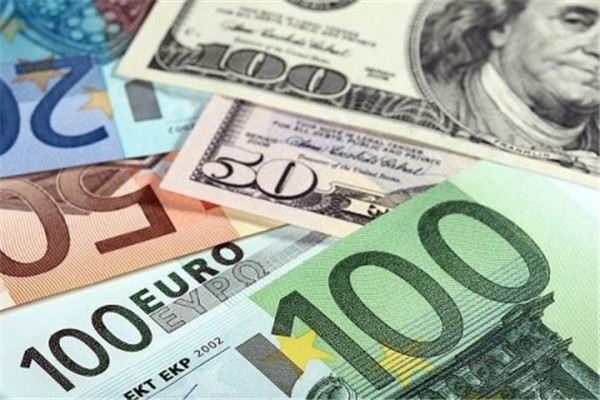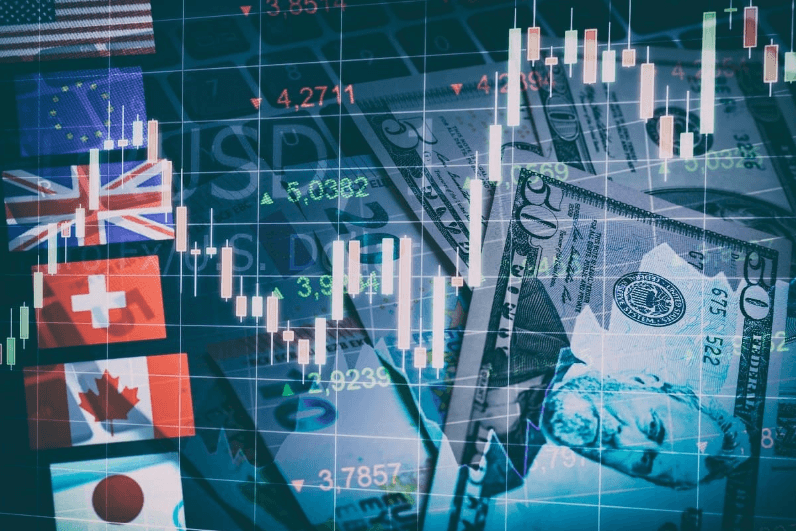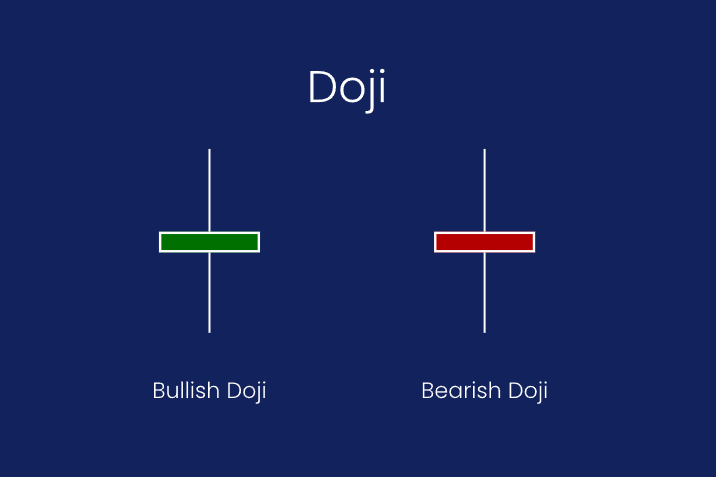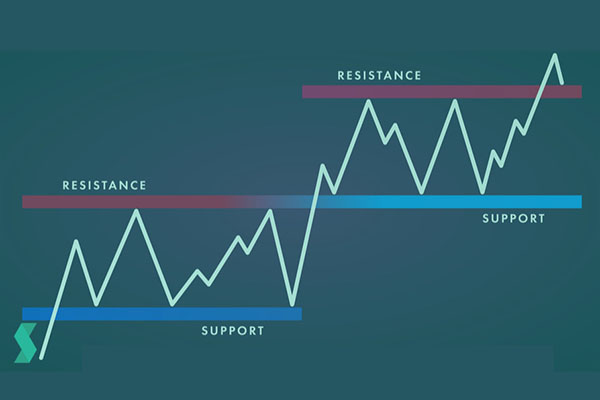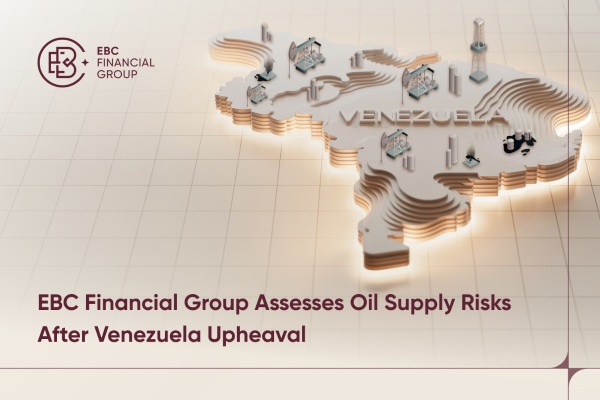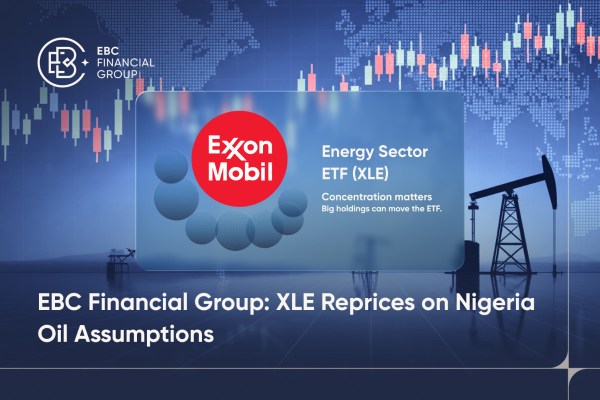Foreign exchange is a currency exchange transaction that refers to buying and
selling transactions between currencies from different countries. The foreign
exchange market is one of the largest financial markets in the world, with daily
trading volumes reaching trillions of dollars. The main participants in the
foreign exchange market include banks, financial institutions, large
enterprises, investors, etc.
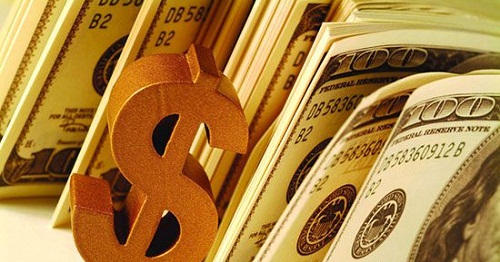
The concept of foreign exchange has a dual meaning, which can be divided into
dynamic and static. The static concept of foreign exchange can be divided into
narrow and broad concepts.
Narrowly defined, foreign exchange refers to various payment methods
expressed in foreign currencies, which are widely accepted by various countries
and can be used for international debt settlement. It must have three
characteristics: affordability (assets that must be represented in foreign
currency), availability (claims that can be compensated abroad), and
exchangeability (foreign currency assets that can be freely exchanged for other
payment methods).
Broadly speaking, foreign exchange refers to all assets owned by a country in
foreign currency. The International Monetary Fund (IMF) defines this as:
"Foreign exchange is the creditor's right that can be used when the balance of
payments deficit is maintained by the monetary administrative authority (the
central bank, the monetary management agency, the Exchange Stabilization Fund,
and the Ministry of Finance) in the form of bank deposits, treasury bills of the
Ministry of Finance, long-term and short-term government Securities, etc." The
Regulations on Foreign Exchange Management, revised and promulgated by China in
1997, stipulate that foreign exchange refers to the following payment methods
and assets expressed in foreign currency that can be used for international
settlement:
The dynamic concept of foreign exchange refers to the flow of currency
between countries as well as the specialized business activity of converting one
country's currency into another country's currency to settle international debt
and debt relationships. It is the abbreviation for International Exchange.
The main function of the foreign exchange market is to provide currency
exchange services, making trade, investment, and international payments between
different countries more convenient. The buying and selling direction of foreign
exchange transactions involves two currencies, such as the Chinese yuan against
the US dollar and the euro against the British pound. Foreign exchange
transactions can be conducted through bilateral negotiations, foreign exchange
brokers, or an electronic trading platform.
Participants in the foreign exchange market earn profits through foreign
exchange trading. Investors can speculate and buy foreign exchange to earn the
price difference caused by exchange rate fluctuations, which is known as the
exchange rate fluctuation risk in foreign exchange trading. In addition,
enterprises and institutions also use the foreign exchange market for currency
exchange for international trade or cross-border investment.
The characteristics of the foreign exchange market include high liquidity,
24-hour trading, leveraged trading, etc. The exchange rate in the foreign
exchange market is determined by various factors, including economic indicators,
political events, trade data, central bank monetary policy, etc.
It should be noted that foreign exchange transactions have certain risks,
including market risk, Foreign exchange risk, and leverage risk. Therefore,
individuals and institutions involved in foreign exchange trading should have
sufficient knowledge and risk management capabilities to better respond to
market fluctuations and risks.
